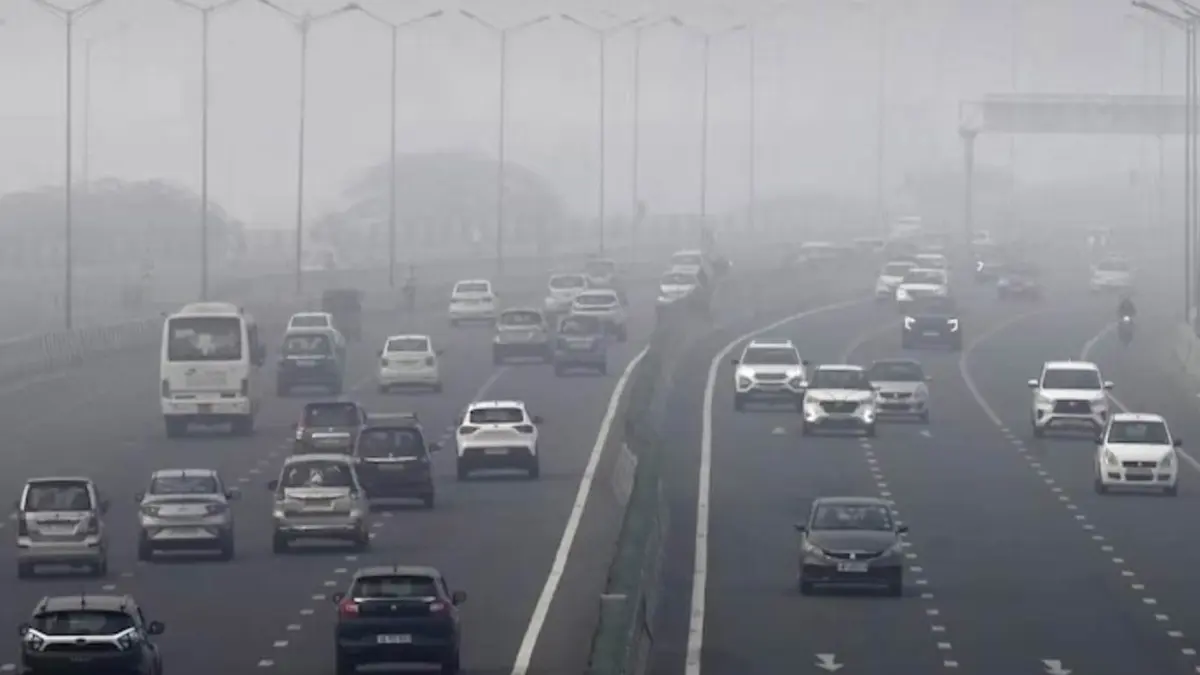The perpetual battle against deteriorating air quality in Delhi-NCR has reached a critical juncture, compelling the Commission for Air Quality Management (CAQM) to enforce StageIII of the Graded Response Action Plan (GRAP). As citizens grapple with the consequences of hazardous air, this blog delves into the intricacies of the introduced measures and their implications.
Current Air Quality Status: A Sobering Reality
The Air Quality Index (AQI) paints a grim picture, persisting at 397 by 10 am, categorized as ‘very poor,’ and surging to a ‘severe’ 409 by 4 pm. Faced with this alarming escalation, the CAQM SubCommittee has swiftly implemented stringent measures under StageIII, supplementing existing StageI and StageII restrictions.
CAQM Directive: Responding to a Crisis
The CAQM’s directive outlines a comprehensive 8point action plan to tackle the escalating pollution crisis. The urgency is fueled by unfavorable meteorological conditions, including fog and low wind speed, exacerbating the air quality woes.
Implemented Measures: Navigating the Regulatory Landscape
Water Sprinkling and Dust Suppressants
- Intensify mechanized or vacuum-based sweeping of roads.
- Make sure you regularly sprinkle dust suppressants with water on roadways, hotspots, and corridors with high traffic.
- Proper disposal of collected dust in designated sites or landfills.
Enhanced Public Transport
- Raise the frequency of services provided by public transportation.
- Offer varying prices to promote travel during off-peak hours.
Construction and Demolition Activities
- Enforce a strict ban on all activities, excluding those for essential services like railways, airports, healthcare, and sanitation projects.
- Prohibit dust-generating construction and demolition activities.
Stone Crushers and Mining
- Shut down operations of stone crushers.
- Close all mining and associated activities in NCR.
Restrictions on Vehicles
Enforce strict curbs on the plying of BS III petrol and BS IV diesel LMVs in specific regions.
School Operations
State governments have decided to discontinue physical classes for children up to Class V and consider online classes.
Citizen Advisory: A Call to Collective Action
- Choose cleaner commuting options, share rides, or use public transport.
- Optimize work-from-home opportunities if available.
- Avoid using coal and wood for heating; provide electric heaters to security staff.
- Combine errands to minimize multiple trips.
Conclusion: A Shared Responsibility for Public Health
Understanding the nuances of GRAP StageIII is not just a regulatory necessity but a shared responsibility to combat the worsening air quality collectively. As citizens navigate these measures, adherence becomes paramount, emphasizing the crucial role each individual plays in safeguarding public health.







